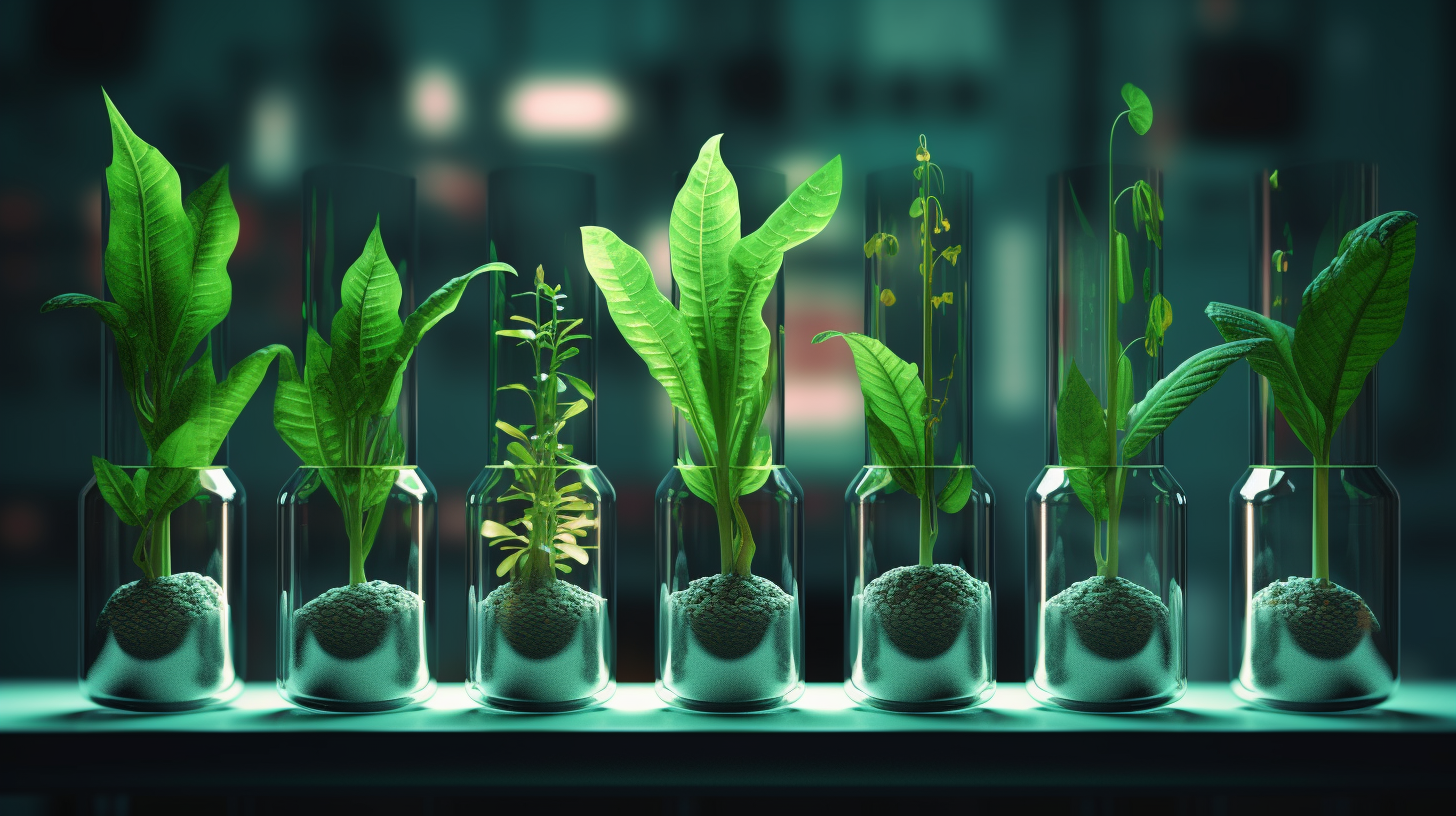Science
Biotechnology in aquaculture encompasses a wide array of techniques aimed at improving productivity, sustainability, and even the ecological footprint of fish farming and other aquaculture practices.
Disease Management
Disease outbreaks in aquaculture farms can have devastating effects, both economically and ecologically. Modern biotechnological methods such as DNA sequencing help in early identification of pathogens, enabling preventive measures before a full-blown outbreak occurs. Moreover, vaccines developed through recombinant DNA technology offer a more sustainable and effective way to manage diseases compared to traditional methods like antibiotic usage, which can lead to antibiotic resistance.
Environmental Sustainability
Biotechnology also plays a role in reducing the environmental impact of aquaculture. For example, microorganisms genetically engineered to break down waste can help in maintaining the water quality of aquaculture systems. Additionally, the development of biofilters composed of specific algae strains can not only purify water but also capture carbon dioxide, making the entire process more eco-friendly.
Feed Enhancement
Traditionally, fishmeal and fish oil have been primary components of aquaculture feed, which has its drawbacks including overfishing and sustainability concerns. Biotechnological advancements are helping to create alternative feeds. Through fermentation technology and gene editing, it is possible to produce omega-3 fatty acids and other essential nutrients in a lab setting, reducing dependency on natural resources.
Think positively
Biotechnology holds the promise to revolutionize aquaculture, making it more sustainable, efficient, and resilient against challenges like disease outbreaks and climate change. As research progresses, it will be crucial to balance innovation with ethical considerations to maximize the benefits while minimizing any adverse impacts. The fusion of biotechnology and aquaculture is not just a trend but a necessity for a future where the demand for seafood is continuously increasing, and natural resources are ever-depleting.
As with any biotechnological application, there are ethical and regulatory hurdles to overcome. The introduction of genetically modified organisms into natural ecosystems could have unforeseen consequences. Therefore, stringent testing and regulatory frameworks are essential to ensure that these advancements do not harm natural biodiversity or disrupt local communities.

We'll find the right product for you.
We'll help you find the products you need, so you can focus on running your business.
CONTACT US
Admin : 1/867 PASUPULETI VARI STREET, NAWABPET, NELLORE
Phone: +91 7095535535
Email: stantonbiotech@gmail.com
USEFUL LINKS
STAY INFORMED
You need a helping hand with your project?
We will get back to you as soon as possible
Please try again later
All Rights Reserved | Stanton Biotech

